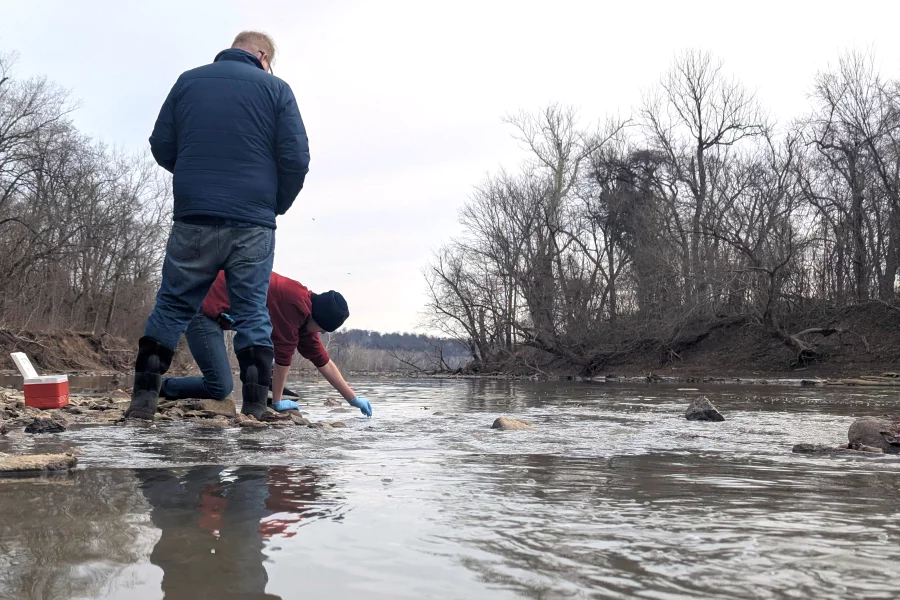 In Canada's Fraser River, a mysterious illness has killed millions of Pacific salmon, and scientists have a new hypothesis about why: The wild salmon are suffering from viral infections similar to those linked to some forms of leukemia and lymphoma.
In Canada's Fraser River, a mysterious illness has killed millions of Pacific salmon, and scientists have a new hypothesis about why: The wild salmon are suffering from viral infections similar to those linked to some forms of leukemia and lymphoma.
For 60 years before the early 1990s, an average of nearly 8 million wild salmon returned from the Pacific Ocean to the Fraser River each year to spawn. Now the salmon industry is in a state of collapse, with mortality rates ranging from 40 percent to 95 percent.
The salmon run has been highly variable: The worst year came in 2009, with 1.5 million salmon, followed by the best year in 2010, with 30 million salmon. But the overall trend is downward.
Losses were particularly high in elevated river temperatures; warmer water makes it more difficult to deliver oxygen to the tissues of salmon.
Seven of the last 10 summers have been the hottest on record for the Fraser River. But experts say it's too soon to pin the blame on global warming.
"Clearly, a warming climate is going to produce some new stresses for Pacific salmon," said Daniel Schindler, a professor of aquatic and fishery sciences at the University of Washington in Seattle. "Some of those stresses will certainly be expressed through increased susceptibility to disease, including something like this."





 In January, part of a decades-old sewer line in Maryland collapsed by the Potomac River. Over...
In January, part of a decades-old sewer line in Maryland collapsed by the Potomac River. Over...






























